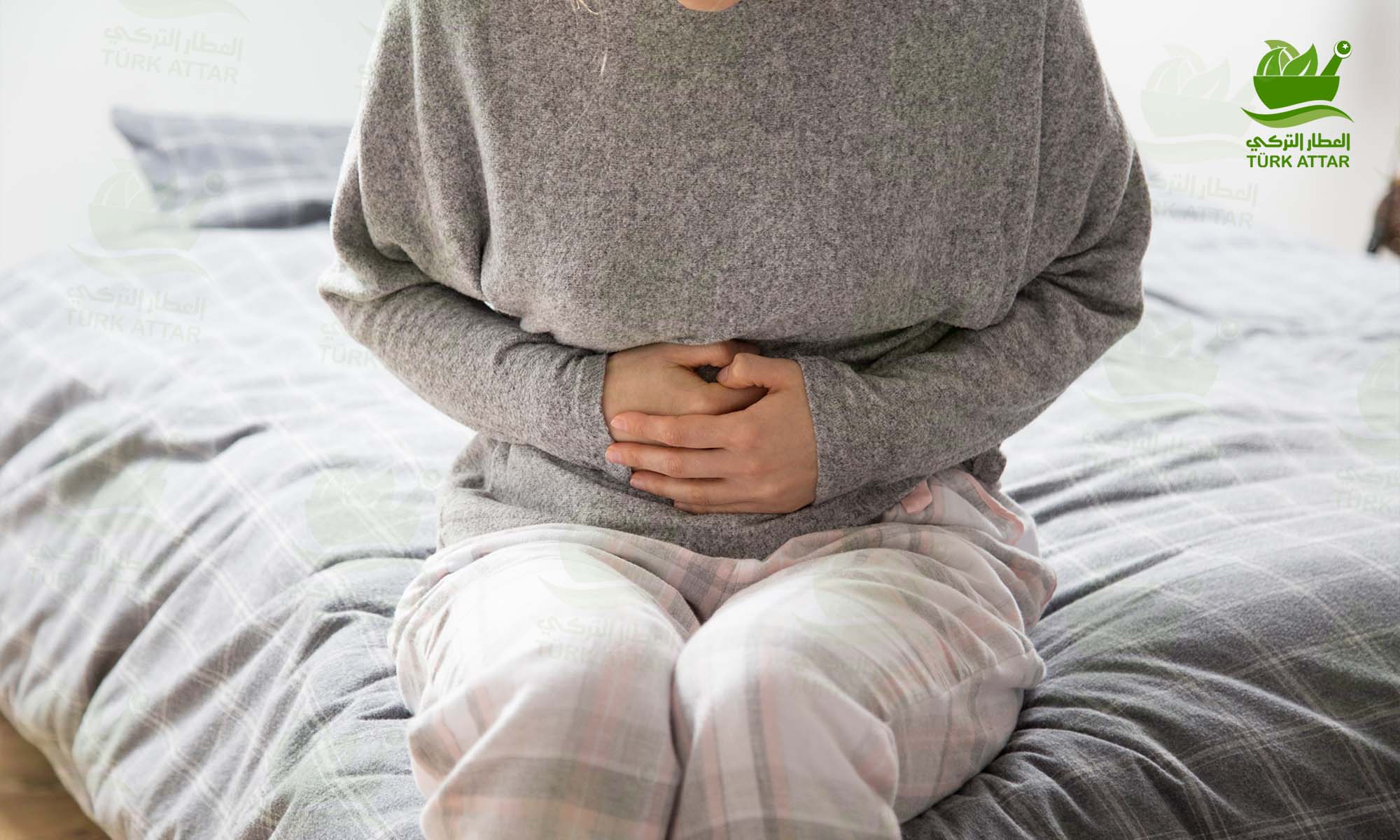
Spastic colon is a disorder that develops due to intestinal dysfunction. Since the cause of this intestinal disorder is not known clearly and does not cause major complications, it is not considered a disease.
Spastic Colon
Spastic colon is also known as irritable bowel syndrome. This discomfort not only affects the large intestine, but also negatively affects the healthy functioning of the entire digestive and excretory system. In this intestinal disorder, there is no problem in the intestines itself, so this condition does not cause permanent damage to the intestines and does not turn into cancer.
This discomfort, which is the most common of the digestive system disorders, occurs with problems such as pain in the abdomen, irregular bowel movements, sudden need for the toilet and bloating, causing complaints such as constipation and diarrhea.
Spastic colon disease is more common in late adolescence and early adulthood. It is also a disorder that is more common in women than in men. This is due to hormonal changes.
Complaints in individuals with spastic colon disease are at a level that reduces their quality of life. Although the cause of this disease is unknown, there is no definitive treatment. The treatment is focused on alleviating the complaints.
What are the Causes of Spastic Colon?
In spastic colon disease, the intestinal muscles cannot use the contractile function properly. With these muscles involuntarily starting to work irregularly, the substances in the intestine are mobilized to be emptied, the most common causes are:
Stress: Stress is the leading cause of spastic colon. It is known that psychological problems such as anxiety disorder, depression and panic disorder increase these complaints, however, the relationship between psychological disorders and this intestinal disorder has not been clearly demonstrated yet.
Food Sensitivities: It has been observed that the consumption of fatty, spicy and high-carbohydrate foods increases the complaints in individuals with spastic colon disease. At the same time, consumption of alcoholic and caffeinated beverages is not recommended for individuals suffering from this disorder.
In addition, as a result of research, it has been observed that the complaints of this disease are more common in individuals with gluten sensitivity. However, gluten sensitivity has not yet been proven to cause spastic colon.
Brain-gut connection: Brain and gut connection is essential for perfect functioning. Spastic colon may occur as a result of the interruption or damage of the signal transmission in between.
Infections: Spastic colon may occur as a result of inflammation in the intestines. With the increase of bacteria and parasites in the intestines, damage to the intestinal epithelium occurs and the internal balance of the intestine is disturbed, resulting in the inability to perform the intestinal functions correctly.
Hormone balance: Hormone balance changes with the menstrual cycle in women. It was observed that especially spastic colon complaints increased during this period.
Increased number of bacteria in the gut: The bacteria in our gut are of great importance for our digestive system, but with the increase in the number of these bacteria, the foods are fermented by these bacteria before they can be digested, and they release gas, which causes bloating in the abdomen. For this reason, spastic colon complaints are observed.
What Are the Symptoms of Spastic Colon?
The main complaints are;
stomach ache.
Nausea.
blunt pains or cramps, mostly felt in the lower left side of the abdomen.
bloating-gas problem.
sudden need for the toilet.
stomach burning.
defecation more than 3 times a day in individuals with diarrhea.
defecation less than 3 times a week in individuals with constipation.
With all these symptoms; weakness, fatigue, sleep disturbance, headaches, concentration disorder, dizziness, burning sensation during urination are other symptoms that can be observed.
What are Spastic Colon Treatment Methods?
Although spastic colon is a condition that disturbs individuals and directly affects their quality of life, it is not a life-threatening condition and does not turn into major diseases such as cancer.
A physical activity plan prepared according to the physical characteristics and health of the person will make a great contribution to the regular and correct functioning of the intestines. At the same time, it has been proven by research that regular physical activity reduces stress. This is a result that will reduce these symptoms, which are mostly caused by stress.
Psychotherapy has been applied to most intestinal disorders and positive results have been obtained. Psychological treatment is of great importance for individuals who have problems such as depression, anxiety and stress, and to reduce their complaints and relieve the discomfort.
The right nutrition plan, frequent and regular meals, and having meals at the same time every day ensure the regular functioning of the digestive system. Spastic colon symptoms are less common in the regularly functioning digestive system.
Ensuring adequate fluid intake is essential for a healthy body as well as for treatment.
In the complaints that do not improve with the treatment methods mentioned above, your doctor may prescribe medication to relieve the symptoms. Definitive treatment cannot be achieved with these drugs, but relief is provided in the individual living with spastic colon as the complaints decrease.
Drugs used in the treatment:
- Antidepressants.
- Anxiolytic.
- Antispasmodics.
- Analgesic.
